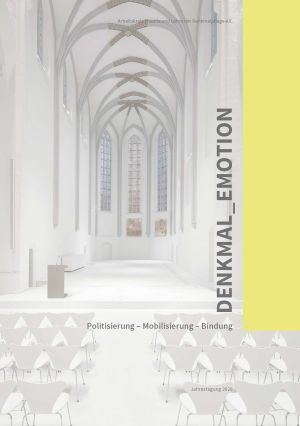How to Cite
Published
Memorialising the Second World War
The Bomber Command Memorial in London
The Second World War occupies a prominent place in British popular memory. From annual ceremonies commemorating both world wars to political rhetoric referencing events such as the successful defence against attacks by the German Luftwaffe in 1940–41, the narratives around Britain’s role in World War Two have played a significant part in shaping British identity. To this day, the country’s memory of the Second World War is dominated by stories of heroism, unity, resilience and sacrifice. This paper explores the Royal Air Force Bomber Command Memorial in London as a recent expression of this. Yet British post-war perspectives on the Allied air offensive, specifically the controversial carpet bombing of German cities, illustrate the difficulty of incorporating the memory of Bomber Command into the positive British narrative of the Second World War. After tracing post-war attitudes towards Bomber Command in Britain based on existing scholarship, this paper investigates the campaign for a memorial in central London, its planning, funding and reception. It studies the motivation behind the initiative for a monument to the airmen of Bomber Command about 65 years after the end of the war. It looks at the promoters of the memorial and considers the message conveyed by its architecture, as well as discussing the positive and negative reactions it evoked in the British press and from architectural commentators.








